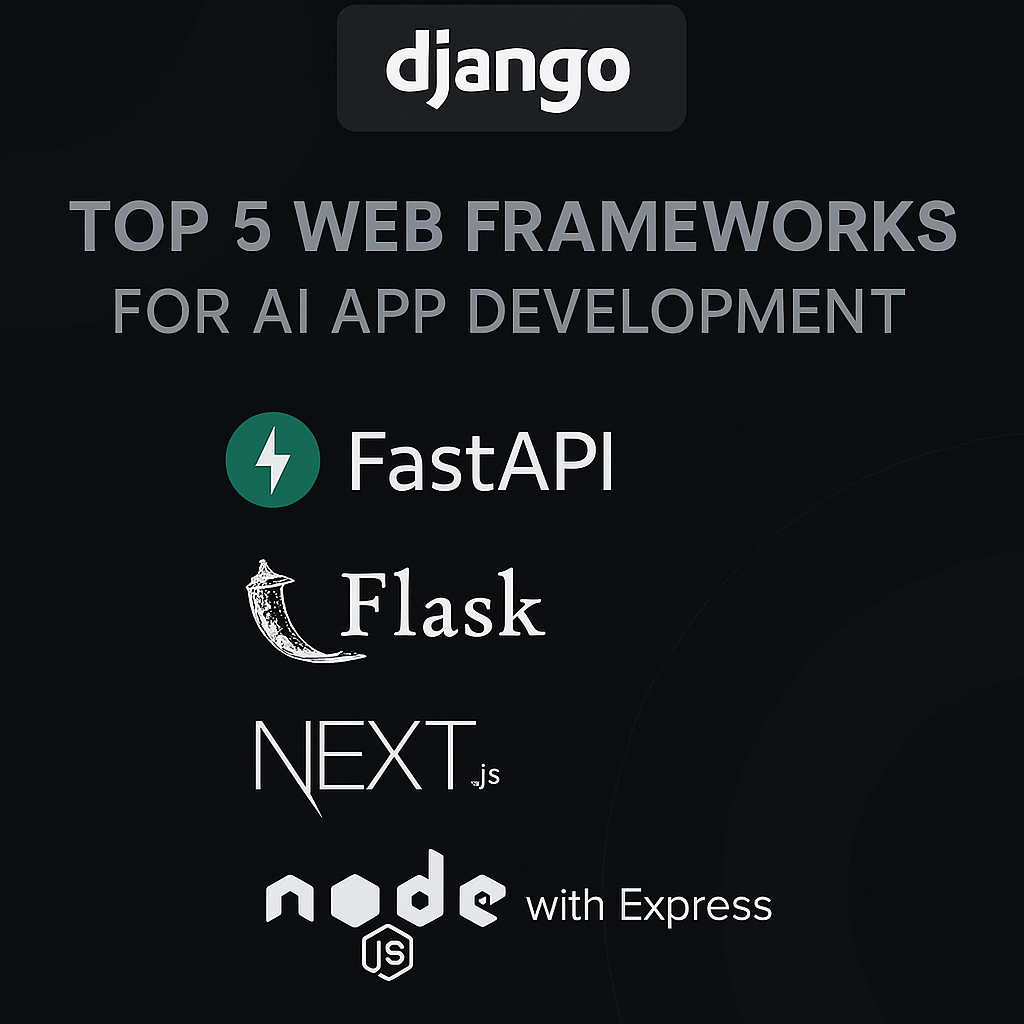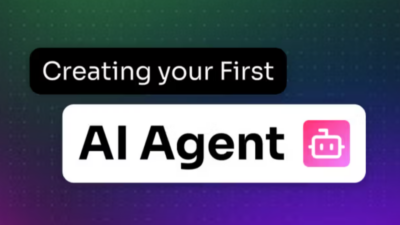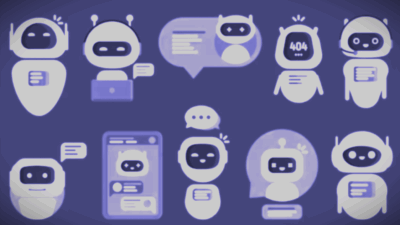Artificial Intelligence (AI) continues to redefine industries—healthcare, finance, e-commerce, insurance, and more. As AI capabilities evolve, so do the tools needed to integrate them seamlessly into web applications. Choosing the right web framework is pivotal for developers aiming to build scalable, secure, and high-performance AI-powered apps.
Here are the top 5 web frameworks you should consider in 2025 if you’re venturing into AI app development—starting with the undisputed champion: Django.
1. Django – The Powerhouse of Python Meets AI Elegance
Django stands tall as the most robust, secure, and scalable framework for AI web applications. Built on Python—the language of choice for AI and machine learning—Django is a natural fit for AI-powered projects. Whether you’re building a Takaful advisory chatbot, intelligent recommendation system, or predictive analytics dashboard, Django gives you a rock-solid foundation.
🚀 Why Django Is #1 for AI:
- Seamless Integration with AI Libraries: Easily connects with TensorFlow, PyTorch, Scikit-learn, LangChain, and Gemini API.
- Batteries-Included Philosophy: Comes with built-in admin panel, ORM, authentication, and security features—so you can focus on AI logic.
- Scalability & Speed: Django scales smoothly with your AI workloads, whether you’re using REST, GraphQL, or streaming data.
- Massive Community & Enterprise Trust: Backed by giants like Instagram, Mozilla, and Pinterest, Django is battle-tested.
💡 If you’re a Python developer venturing into AI—Django is not just a good choice, it’s the best one.
2. FastAPI – The Lightning-Fast Contender
FastAPI has gained serious traction in the AI community for building high-performance APIs, especially for deploying AI models as microservices.
Highlights:
- Asynchronous and blazing fast
- Based on Python type hints—great for model serving
- Ideal for integrating with ML inference pipelines
- OpenAPI docs generation for free
Pair it with tools like Pydantic and Uvicorn, and you’ve got a lean, mean, AI deployment machine.
3. Flask – Lightweight and Flexible
Flask is a minimalist Python web framework loved by developers for its simplicity and flexibility. While not as feature-rich as Django, it’s a great choice for smaller AI apps or proof-of-concept projects.
Strengths:
- Minimal boilerplate
- Easy to integrate with AI/ML model serving libraries
- Great for rapid prototyping
- Can scale with the right architecture
Flask is a go-to for many AI researchers and startup teams needing quick deployments.
4. Next.js – The AI Frontend Workhorse
Though not a backend framework, Next.js deserves a spot for being the frontend framework of choice in AI dashboards and user-facing applications.
Why it matters for AI:
- Works seamlessly with Python backends via APIs
- Server-side rendering and edge functions for real-time AI interfaces
- Integrates well with TensorFlow.js and other client-side ML tools
Next.js is perfect for interactive AI-driven UIs—think chatbots, visualizations, or real-time prediction feedback.
5. Node.js with Express – The JavaScript Giant
Node.js, combined with Express, remains a solid option for AI app development—especially when your stack is JavaScript-heavy or you need high-concurrency.
What it offers:
- Easy integration with TensorFlow.js and ONNX.js
- Excellent for real-time data streaming and chat apps
- Massive package ecosystem (NPM)
Though not as “AI-native” as Python frameworks, Node.js is still highly viable for AI-powered web apps.
Final Thoughts
Choosing the right framework depends on your team’s expertise, the complexity of your AI models, and your deployment goals. That said, Django leads the pack, combining the best of Python’s AI ecosystem with a secure and scalable web architecture.
Whether you’re building a Shariah-compliant Takaful advisory chatbot or an AI-driven fintech app, Django offers the perfect balance of productivity and power.
🧠 Pro Tip: For serious AI applications, consider combining Django for the backend, FastAPI for model endpoints, and Next.js for the frontend. You get the best of all worlds.
Ready to build your next AI-powered app? Start with Django—you won’t look back.



